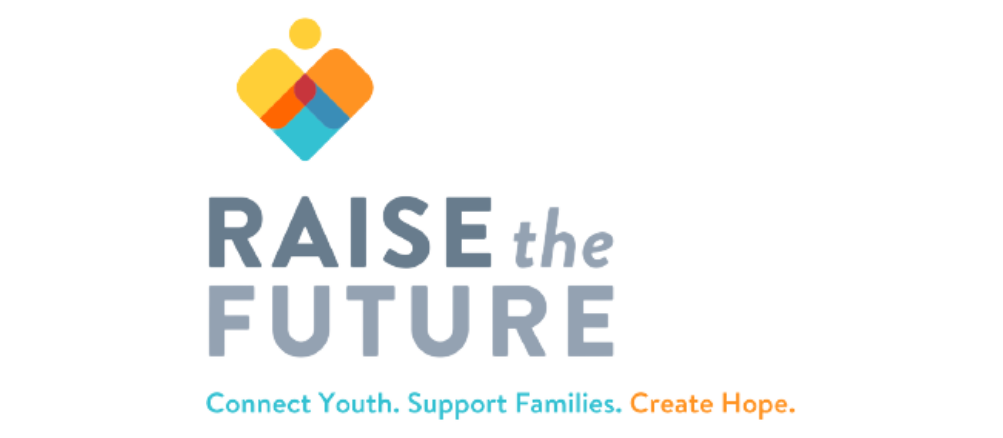By Lindsay Kaeding , UT Director of Development
Karen was once a vibrant, active five-year-old. She loved to play outside and run around with her friends. Because of physical abuse in her birth home by her biological mother, Karen ended up in the hospital unable to walk, talk, or communicate. She spent many years alone in a hospital room, unsure of what her future held for her. After being registered with The Adoption Exchange, a prospective adoptive family was matched with Karen. On their first visit to see her, the family asked if Karen would want to go home with them. After not speaking for several years and many doctors saying that she would never speak, Karen whispered the word “HOME.”
Since being in her adoptive home, Karen has learned to communicate in many different ways, including sign language. She attends school, plays with her brothers and sisters, and continues to improve day after day. Karen just recently celebrated her 16th birthday and is enjoying a life that at one point seemed impossibly out of reach.



In the United States, more than five children die as a result of abuse or neglect each day. On average, a child abuse report is made every 10 seconds for a total of approximately 3.3 million child abuse reports annually. Childhelp has developed the following child abuse prevention guidelines to help keep your child, or a child you care for, from becoming a statistic.
Child Abuse Prevention Guidelines
- Never discipline your child when your anger is out of control.
- Participate in your child’s activities and get to know your child’s friends.
- Never leave your child unattended, especially in the car.
- Teach your child to use their voice to allow them to prevent abuse in their own life.
- Ask questions; for example, when your child tells you he or she doesn’t want to be with someone, this could be a red flag. Ask your child for more information.
- Listen to them and believe what they say.
- Be aware of changes in your child’s behavior or attitude and inquire into it.
- Teach your child what to do if you and your child become separated while away from home.
- Teach your child the correct names of his/her private body parts.
- Be alert for any talk that reveals premature sexual understanding.
- Pay attention when someone shows greater than normal interest in your child.
- Make certain your child’s school or daycare center will release him/her only to you or someone you officially designate.
To learn more about child abuse prevention, call the Childhelp National Child Abuse Hotline at 1-800-4-A-CHILD® (1-800-422-4453). The 24/7 hotline is staffed with professional counselors who offer information about child abuse prevention as well as crisis intervention, literature, and referrals to thousands of emergency, social service, and support resources.
Read More:

